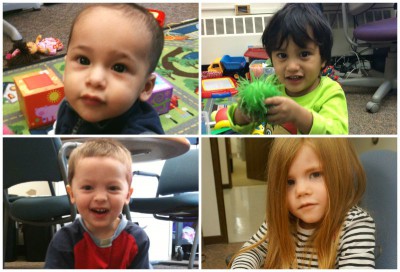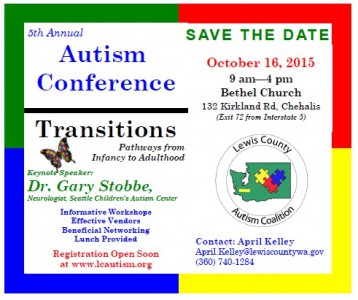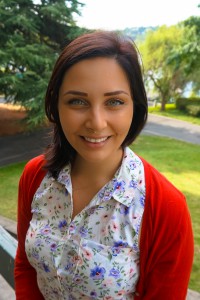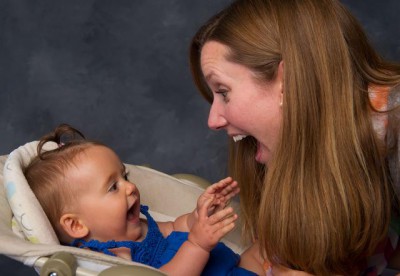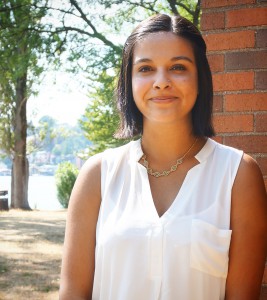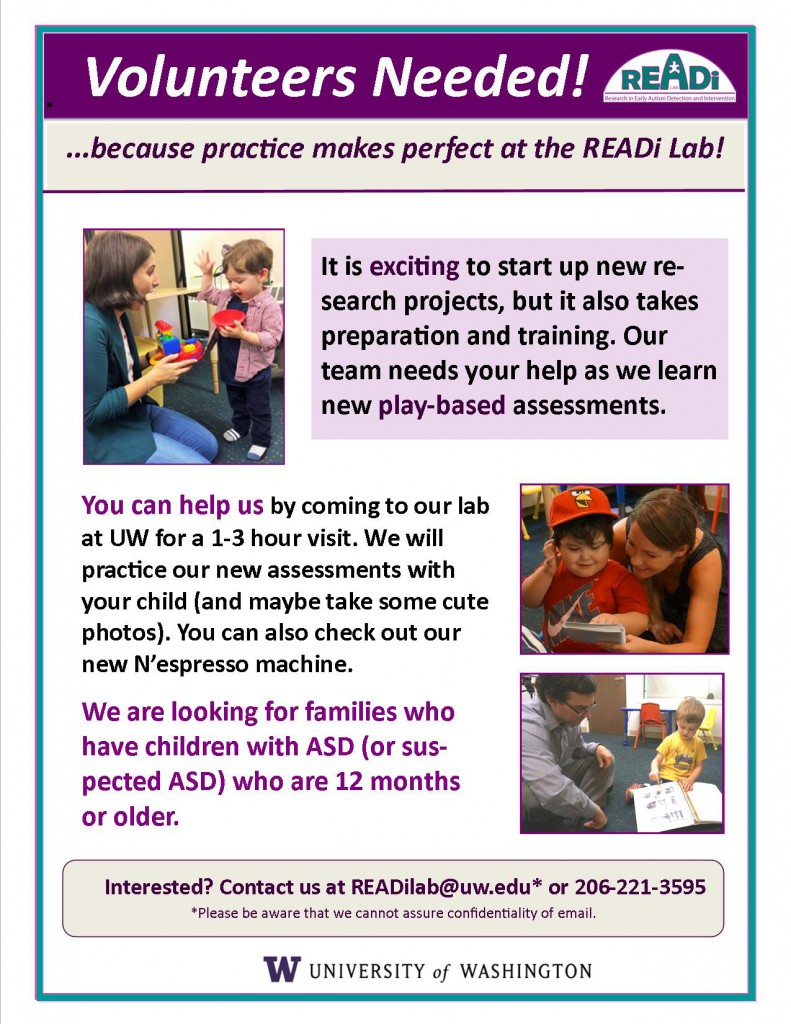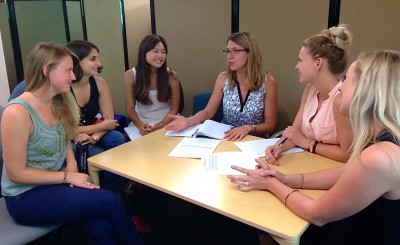As many of you may be aware, the US Preventive Services Task Force (USPSTF) released a draft report last month indicating that there is not sufficient research evidence to support early universal screening for ASD in children three years of age and younger. Through the process of universal screening, all children are screened at their well-child visit, including those who appear to be “asymptomatic” because no red flags are observed and/or mentioned by parents and/or providers. The report acknowledged that the current screening tools available are effective in detecting ASD in toddlers and young children, and that early treatment of ASD leads to improved outcomes. However, they note that the treatment studies have not been conducted specifically with children who were identified through the process of screening; therefore, there is no direct line of evidence indicating that early detection through screening itself leads to better outcomes for those children with ASD.
The final recommendation statement from the USPSTF will be released following a review of the public comments to this draft report (comments are invited as part of the process). Many organizations, including the American Academy of Pediatrics, Autism Speaks, Autism Science Foundation, and Baby Siblings Research Consortium, submitted compelling arguments for the importance of early screening and intervention, and the challenges (financial, logistical, and ethical) of conducting the randomized clinical trial research that would provide the “missing link” between screening and improved outcomes. The AAP, for example, continues to stand behind its Bright Futures Guidelines, which recommend universal ASD screening using a validated tool at children’s 18- and 24-month well-child visits. We hope that USPSTF will give these comments their careful consideration prior to issuing their final report.
This NY Times article provides some additional insight into the USPSTF draft report and its potential implications.
